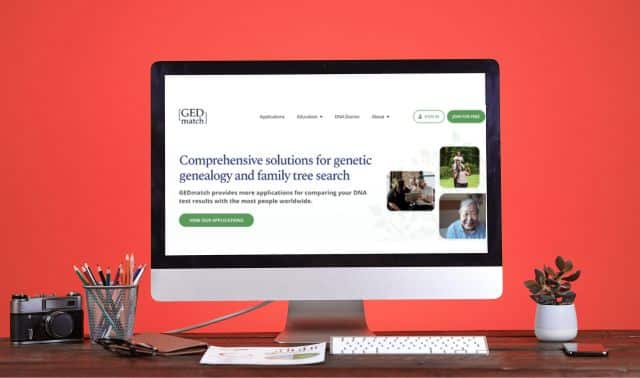Sign up for the Family Tree Newsletter Plus, you’ll receive our 10 Essential Genealogy Research Forms PDF as a special thank you!
Get Your Free Genealogy Forms
"*" indicates required fields
If you caught the genealogy bug because you thought you descended from a Revolutionary War patriot or a Mayflower passenger, you’re not alone. Thousands of Americans attempt to trace their lineage back to war veterans and founding fathers. But if you can prove direct descent from the right ancestor, a lineage society might want you as a member.
For many researchers, belonging to a lineage society is an honor in itself. Membership has plenty more privileges, though: For example, it connects you with family historians who have similar research interests, and lets you access the organization’s library and other resources. To qualify for most lineage societies, you’ll need to trace your direct line back to an ancestor who meets a specific criterion for membership. Depending on the society, that measure might be serving in the Revolutionary War, signing the Declaration of Independence, fighting for the Confederacy, serving with Washington at Valley Forge or running a hostelry before July 4, 1776.
Just “thinking” you qualify for membership doesn’t count, though—regardless of the generations of family stories about your Pilgrim ancestor or Great-great-grandpa Zeke’s purported heroism at Shiloh. In order to join a lineage society, you’ll need to thoroughly document your lineage back to the qualifying forebear. Although the required documentation varies by society, you can expect to spend considerable time on your application. Generally, societies require proof of all places, dates and relationships. Acceptable sources for proving descent are vital, census and probate records; wills; family Bibles; and letters.
If the application process seems overwhelming, you have several options for assistance. Local chapters of national organizations often have a membership person who helps applicants with paperwork and appropriate documentation. It’s also possible that another descendant of your ancestor already joined the society. If this is so, you can piggyback on her research to the point where your family lines split. For example, for $5, the Daughters of the American Revolution (DAR) will send you a copy of the application papers of active, deceased, resigned or dropped DAR members.
And you can always hire a professional genealogist who specializes in ineage work. Contact the Board for Certification of Genealogists (BCG) to locate a Certified Lineage Specialist (CLS).
So what organizations can you join? Lineage societies fall into several categories, but the most common are war societies, Old World societies, regional societies and those associated with colonization or early settlement. In addition, a few religious and ethnic organizations fall into this category. Membership qualifications vary by group: Some are gender-specific, some require stringent documentation and others are by invitation only. Below are a few societies you can shoot for, depending on who’s in your family tree.
• Daughters of the American Revolution
Membership is limited to those who can trace their family tree back to a Revolutionary War patriot. If you aren’t sure whether DAR recognizes your ancestor, fill out the on-site lookup form. A DAR volunteer will check the records at no charge to you.• General Society of the War of 1812
Men who are descended from a War of 1812 participant can join this society. The site is a good source for links to other War of 1812 resources; it also lists the group’s publications and affiliated state societies.• The Mayflower Society
If you can prove your descent from one of the Pilgrims on board the 1620 voyage of the Mayflower, you may want to join this well-known society. Fill out the on-site preliminary review form; after your form is reviewed, you’ll receive instructions about the membership process.
ADVERTISEMENT




